
Teeth Whitening Clinic in Newtown, Kolkata
What is Teeth Whitening?
Causes of Tooth Discolouration
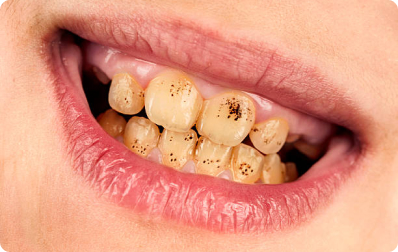
Intrinsic (or Internal) Discolouration
Intrinsic (or internal) discolouration originates within the tooth. Causes include ageing, tooth injuries, certain health conditions, and specific medications.
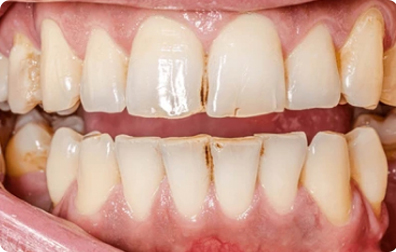
Extrinsic (or External) Discolouration
Extrinsic (or external) discolouration occurs when substances such as foods, beverages, or tobacco stain the surface of the teeth. Bad oral hygiene can also lead to this type of discolouration.
Timings
 Monday : 10am to 8:00pm
Monday : 10am to 8:00pm
 Wednesday : 10am to 8:00pm
Wednesday : 10am to 8:00pm
 Friday : 10am to 8:00pm
Friday : 10am to 8:00pm
 Sunday : 10am to 8:00pm
Sunday : 10am to 8:00pm
 Tuesday : 10am to 8:00pm
Tuesday : 10am to 8:00pm
 Thursday : 10am to 8:00pm
Thursday : 10am to 8:00pm
 Saturday : 10am to 8:00pm
Saturday : 10am to 8:00pm
Locations
Let Us Get Back to You!!
Types of Teeth Whitening Treatments
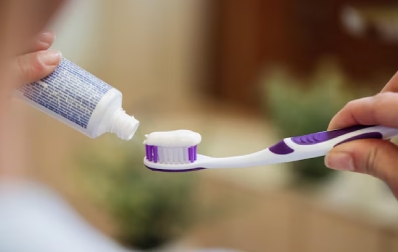
Whitening Toothpaste
This is a type of toothpaste that helps remove surface stains on teeth using mild agents.
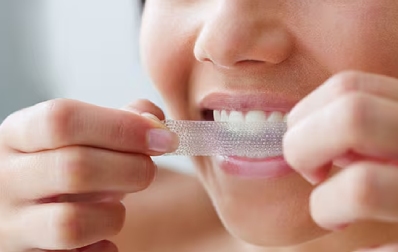
Teeth Whitening Strips
These are thin, flexible strips coated with a whitening gel that adheres to teeth for a period, lightening their colour over time.
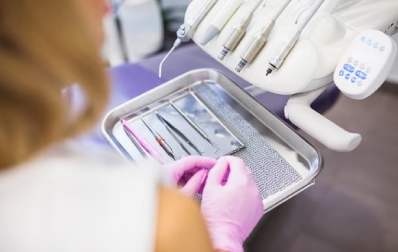
Tray-based Teeth Whitening Systems
These are custom-fitted trays filled with a whitening gel, worn for a set time to whiten the teeth.
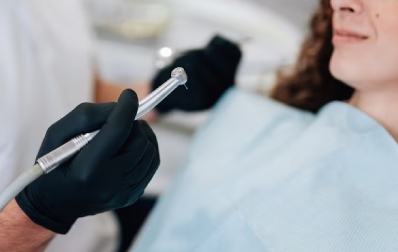
Professional Teeth Whitening Treatments with Laser
These are dentist-administered procedures that use bleaching agents activated by a laser to provide quick whitening results.
Who Should get their Teeth Whitened?
Teeth whitening may be better for individuals with dental implants, veneers, crowns, or bridges, particularly if these are located in the front of the mouth. Whitening may still be an option if the dental work is in the back of the mouth.
Effectively Maintain the Results of Teeth Whitening
⦿ Avoid dark-coloured Foods and Beverages: Try to steer clear of these for at least a week after whitening.
⦿ Using a Straw for dark-coloured Drinks: When consuming such beverages, using a straw can minimise contact with your teeth.
⦿ Maintaining Oral Hygiene: Brush and floss after meals and before bed to keep your teeth in top condition.
How long does Teeth Whitening Last?
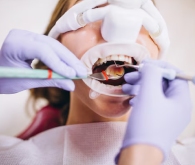
Professional Whitening
Results from in-clinic teeth whitening procedures can last from 6 months to 2 years. Longevity depends on your diet, oral hygiene, and lifestyle habits.
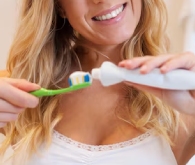
At-Home Whitening Kits
Results usually last between 3 to 12 months. This also depends on how frequently you maintain the treatment and your daily habits.

